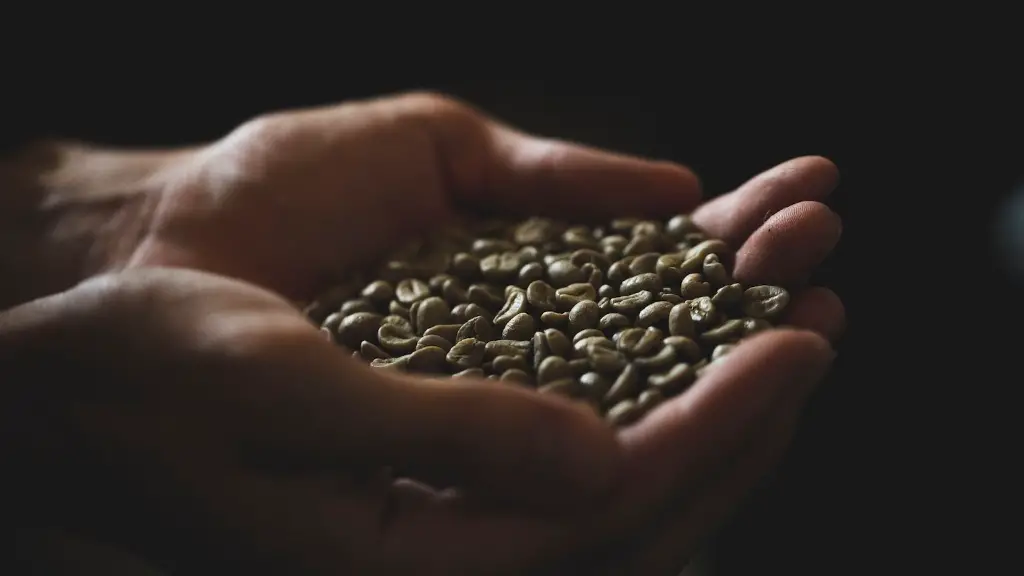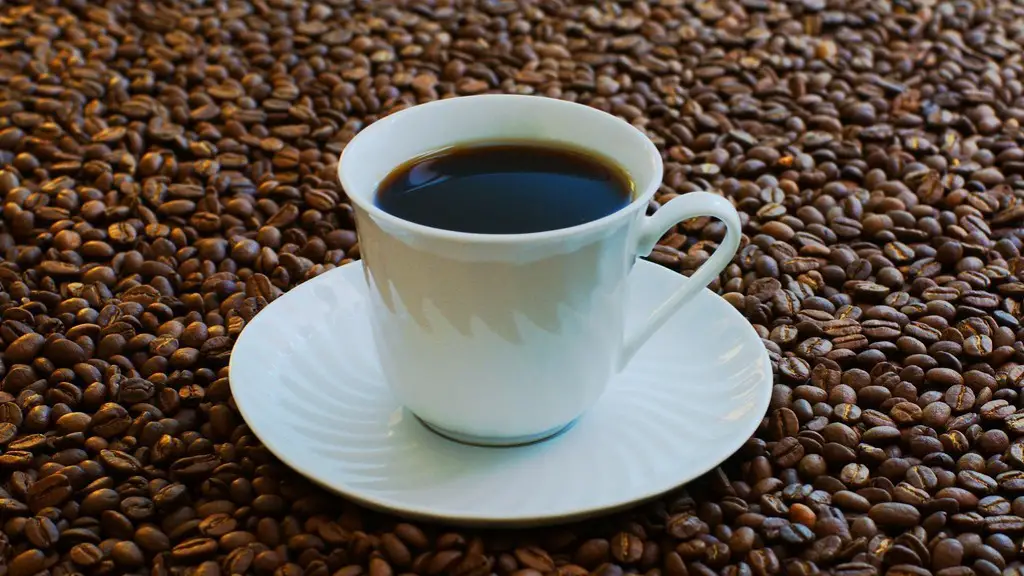The Benefits of Intermittent Fasting
Intermittent fasting has been gaining popularity as a form of dieting and lifestyle change. It involves restricting one’s calorie intake to just 8 to 10 hours per day and maintaining that time frame for eating and fasting for the remaining 16 to 18 hours. Advocates of regular intermittent fasting suggest that it can result in a number of positive effects including: weight loss, improved sleep and energy, improved concentration, easier digestion and absorption of nutrients, and improved mental clarity.
The Benefits of Drinking Coffee During Intermittent Fasting
Drinking coffee during intermittent fasting can further maximize the benefits that come with this style of eating. Caffeine, found in coffee, is known to increase alertness, create a sense of fullness, and even reduce hunger cravings. It is also thought to improve overall mental clarity and boost metabolism. Because of these benefits, drinking coffee can help those practicing intermittent fasting stick to the schedule and achieve their desired results.
What The Experts Have to Say About Drinking Coffee During Intermittent Fasting
Nutrition experts generally agree that drinking coffee is acceptable during intermittent fasting. Diane Sanfilippo, a nutrition consultant and health coach, says that “coffee can be a useful tool to help minimize hunger during intermittent fasting… it can also be an effective way to stay hydrated and reduce cravings.” Other experts suggest that there are other benefits to drinking coffee during fasting such as the antioxidants found in coffee which can reduce oxidative stress and inflammation in the body.
What Type of Coffee is Best for Intermittent Fasting?
Drinking black coffee, which does not contain any added sugars or sweeteners, is generally the best option for those practicing intermittent fasting. Sweetened coffee and energy drinks can disrupt the metabolic process of the body and hinder the progress of the diet. If desired, one can add a few drops of cream or 1 teaspoon of coconut oil or butter to coffee without compromising the fasting process.
Best Practices for Drinking Coffee During Intermittent Fasting
Although coffee can be an effective tool for intermittent fasting, it is important to be mindful when drinking coffee during fasting. Many specialists recommend limiting coffee intake to no more than two cups a day and with meals. One should also be sure to drink plenty of water during the day and not just coffee.
My Own Analysis and Insights
In addition to the beneficial effects of drinking coffee during intermittent fasting, it can also be used to enhance the fasting process. By drinking coffee at the beginning of the day, one can feel more alert and focused, making it easier to stick to the fasting schedule. Another way to enjoy coffee during intermittent fasting is to have it iced. Not only does this help to keep one hydrated, but it is also refreshing and satisfying. Lastly, placing an increasing appetite-curbing essential oil in a cup of iced coffee can help to fill the stomach and tide one over until mealtime.
Alternatives to Coffee or Caffeinated Drinks
For those who are unable or do not wish to drink coffee during intermittent fasting, there are a number of alternatives. Matcha green tea, turmeric and ginger tea, and chia seed pudding can all be used in place of coffee to keep one energized and focused.
Smart Strategies for a Successful Intermittent Fasting Experience
In addition to drinking coffee during intermittent fasting, there are a few strategies one can implement to ensure a successful experience. Firstly, planning meals ahead of time can help to alleviate stress and ensure that one stays on track. Ensuring that one gets enough sleep is also an important part of intermittent fasting as it helps to regulate hormones and metabolism. Lastly, making sure to stay hydrated is key to achieving the desired results.
Supplementing With Intermittent Fasting
For those looking to maximize the effects of intermittent fasting, supplementing with certain vitamins and minerals is an option. Eating foods rich in vitamin B12 and iron can help to boost energy and regulate hunger levels. Incorporating healthy fats such as omega-3 fatty acids and coconut oil can also be beneficial when it comes to the body’s internal processes. Furthermore, adding probiotics to one’s diet can increase the absorption of nutrients and encourage the growth of beneficial bacteria in the gut.
When to Beware of Intermittent Fasting
Intermittent fasting should be avoided by those who are pregnant, breastfeeding, or have a history of eating disorders. Furthermore, those with pre-existing medical conditions or on certain medications should consult with their doctor before taking part in intermittent fasting. Lastly, it is important to be mindful of one’s overall health when intermittent fasting, as a sudden drop in energy, focus, or mood can be a sign of nutrient deficiency.
Benefits of Intermittent Fasting in Combination with Exercise
Exercising while intermittent fasting has many benefits such as improved digestion, better focus, increased endurance, and weight loss. The production of endorphins during exercise can also boost one’s mood and provide additional motivation to fast. However, it is important to be mindful of one’s energy levels when fasted and to adjust the intensity of the exercise accordingly.
Uncovering the Benefits of Herbal Teas
Fourthly, replacing coffee with more healthful alternatives such as herbal teas can help to further enhance the intermittent fasting experience. Herbal teas are not only energizing and refreshing, but they can also provide additional nutrients and antioxidants such as ginger, peppermint, and chamomile. In terms of energy, green tea can provide a more sustained form of energy throughout the day and can be a good option for someone looking to get the most out of their fasting experience.
Having Fruits and Veggies During a Fast
Apples, berries, celery, and cucumbers can be beneficial during an intermittent fasting period. These foods are low in calories but high in fiber and nutrients, helping to keep one full without disrupting the fasting process. One should also consider including fermented foods such as kefir, kombucha, and sauerkraut in their diet as they can provide beneficial bacteria and help to restore the gut’s natural balance.
Maximizing the Benefits of Intermittent Fasting
The best way to maximize the benefits of intermittent fasting is to include a balance of healthy foods and beverages. Hydrating with water, drinking black coffee, consuming antioxidant-rich herbal teas, and adding fiber-rich fruits and vegetables to meals can all help to enhance the intermittent fasting experience. Lastly, by combining intermittent fasting with regular exercise and supplementing with specific vitamins and minerals, one can truly get the most out of this lifestyle change.



